The Anglican Church of Canada has not made any definitive statements on state sponsored euthanasia or MAID, Medical Assistance in Dying, to use the preferred euphemism. Instead, it has published essays.
Now it has published yet more essays which you can find here. All 234 pages of them.
I haven’t waded through the essays, although I did skim them in the vain hope of finding a statement like:
“The Anglican Church of Canada asserts that life is a God-given gift which only He has the authority to end” or:
“The Anglican Church of Canada believes that a person has the God-given right to end his life for a reason of his own choosing or because he has simply had enough.”
I didn’t see anything like that.
Come to think of it, I don’t particularly care what the ACoC thinks about euthanasia. I suspect no one else does either. And I would like to know how many in the ever-dwindling ACoC flock read all 234 pages.
There is a Journal article here:
The Anglican Church of Canada has published the first round of a collection of essays reckoning with the questions of life, death, faith and dignity surrounding medical assistance in dying (MAID). Faith Seeking Understanding: Medical Assistance in Dying collects thoughts from clergy, caregivers and academics within and adjacent to the Anglican community in a volume available now as a PDF or an ebook through the church’s website. Submissions remain open until Nov. 17 for proposals of further essays or reflections either adding to or responding to the content released in this initial version, reads a note in the collection’s early pages.
This collection represents the church’s first written document on MAID since In Sure and Certain Hope, a document released in 2016, the same year the practise became legal in Canada.
It contains a range of perspectives and questions on MAID from the definitions of freedom, human dignity and self-determination underlying the thinking behind the treatment to whether it is compatible with Anglican beliefs as expressed through liturgy. In their submissions, some authors argue for the church to compassionately embrace the practise while others argue Christians should speak out against it.


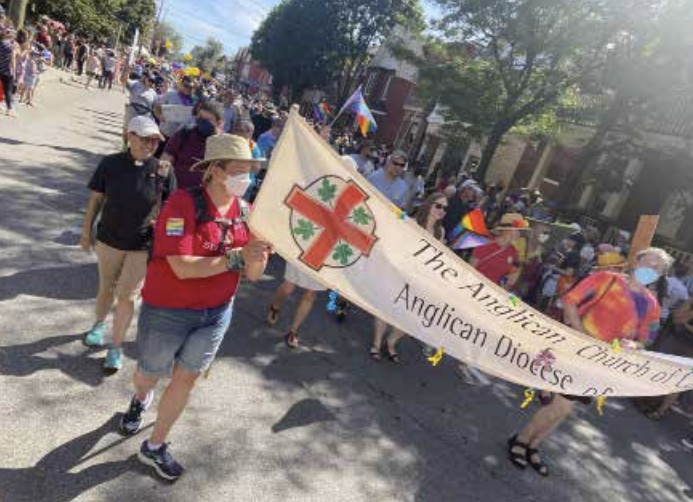 Declaring the Sanctity of Life and the Dignity of All
Declaring the Sanctity of Life and the Dignity of All
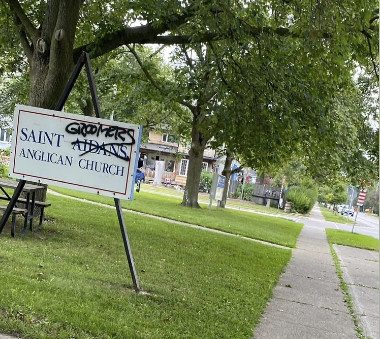


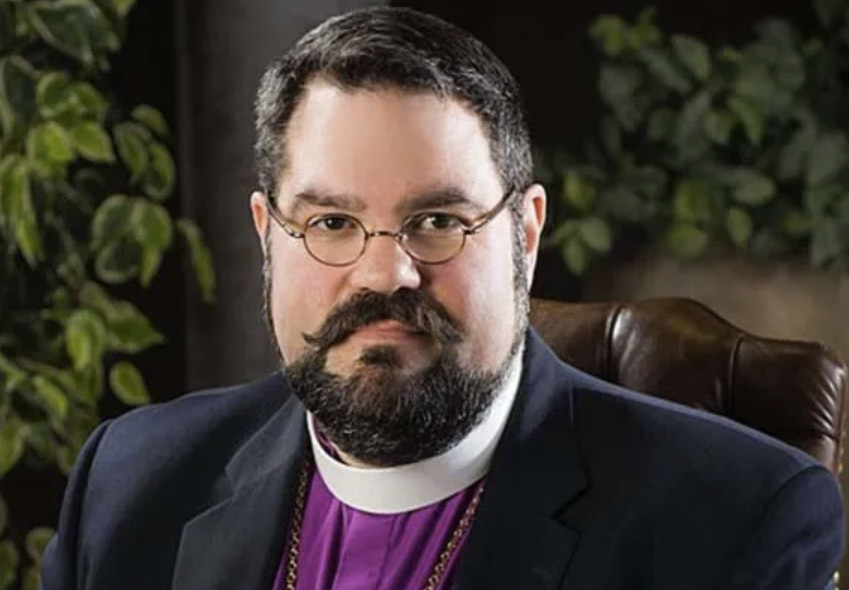 Cliff was inhibited after an
Cliff was inhibited after an 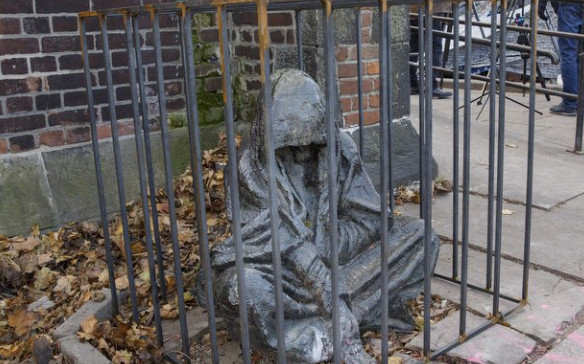
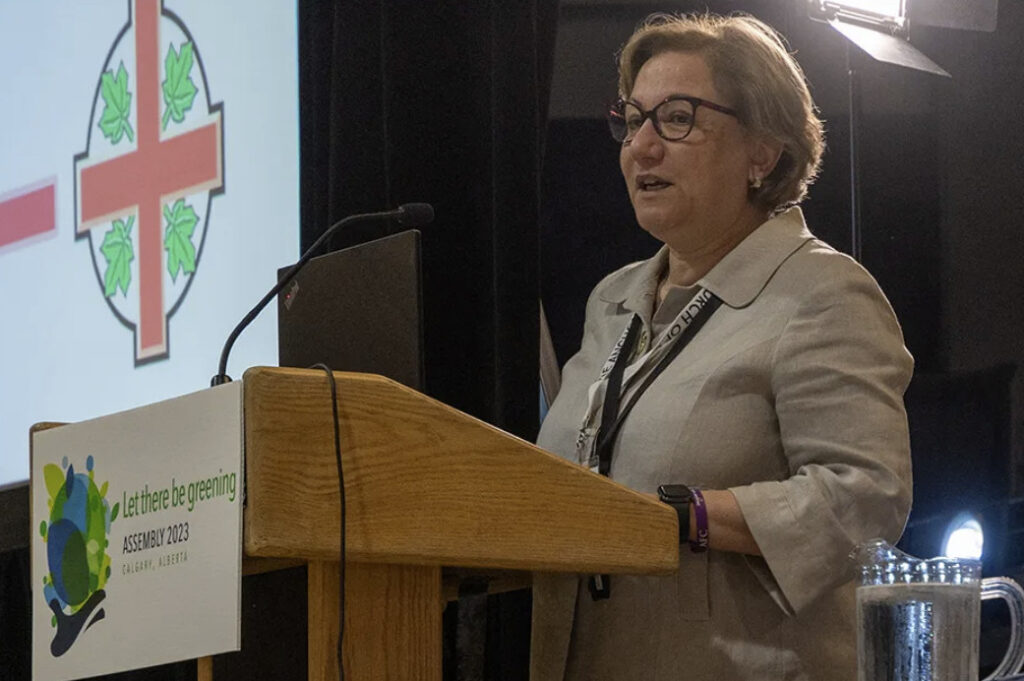 Investment losses from last year’s global market decline left the church’s national office with a budget deficit of $1.55 million at the end of 2022, a financial statement released to General Synod shows.
Investment losses from last year’s global market decline left the church’s national office with a budget deficit of $1.55 million at the end of 2022, a financial statement released to General Synod shows.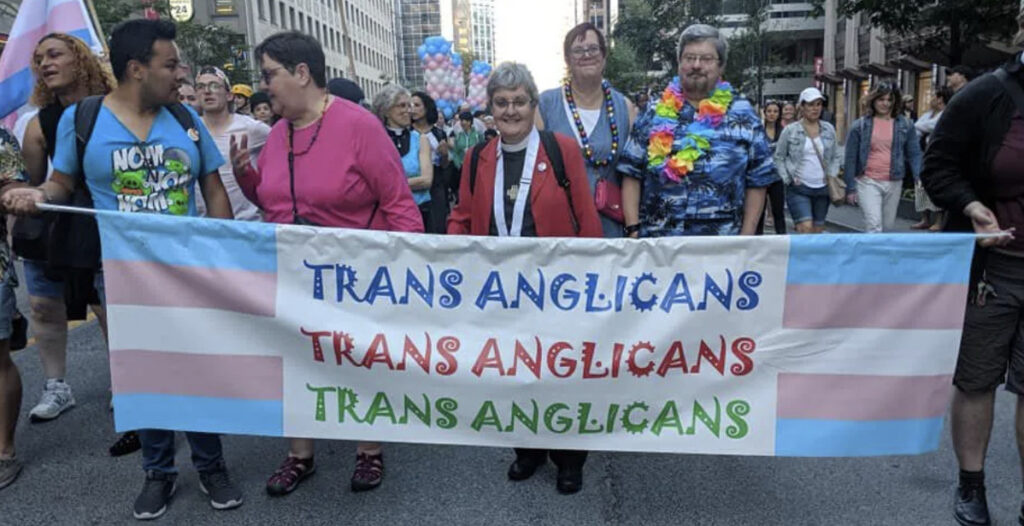
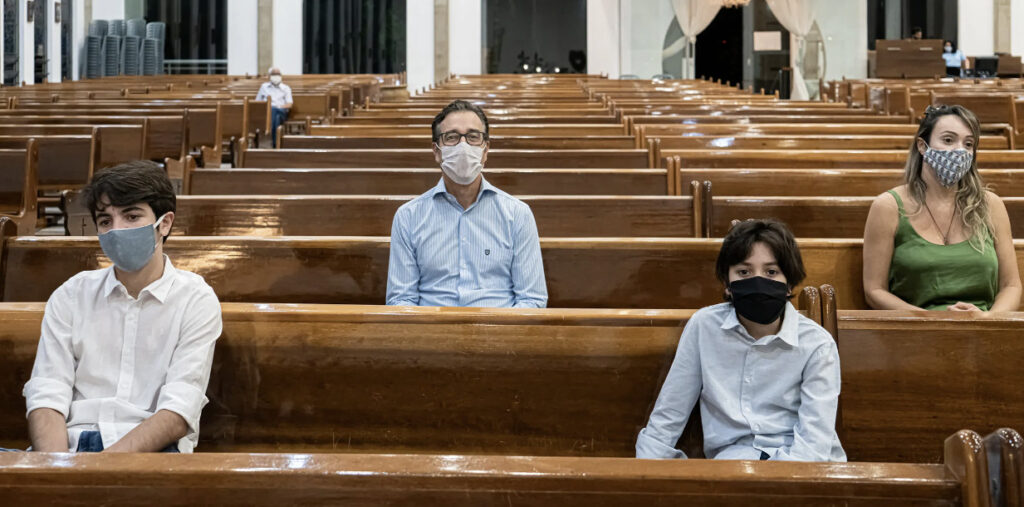 Data for 2021 confirm attendance in the Anglican Church of Canada declined by about 10 per cent that year, after a similar drop in 2020, the church’s statistics officer says, while preliminary findings from 2022 suggest it continued in a steep decline into the third year of the COVID-19 pandemic.
Data for 2021 confirm attendance in the Anglican Church of Canada declined by about 10 per cent that year, after a similar drop in 2020, the church’s statistics officer says, while preliminary findings from 2022 suggest it continued in a steep decline into the third year of the COVID-19 pandemic. 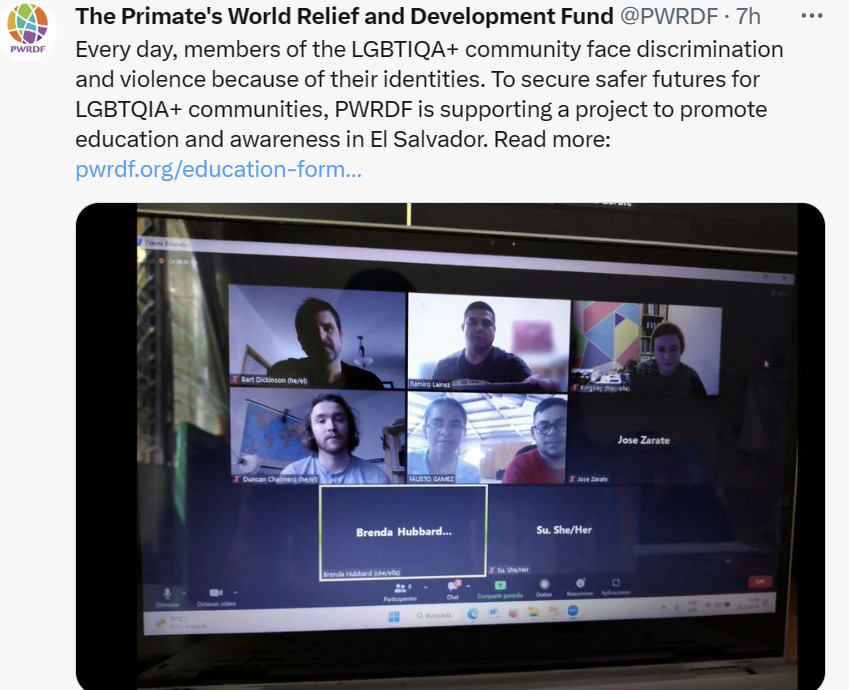
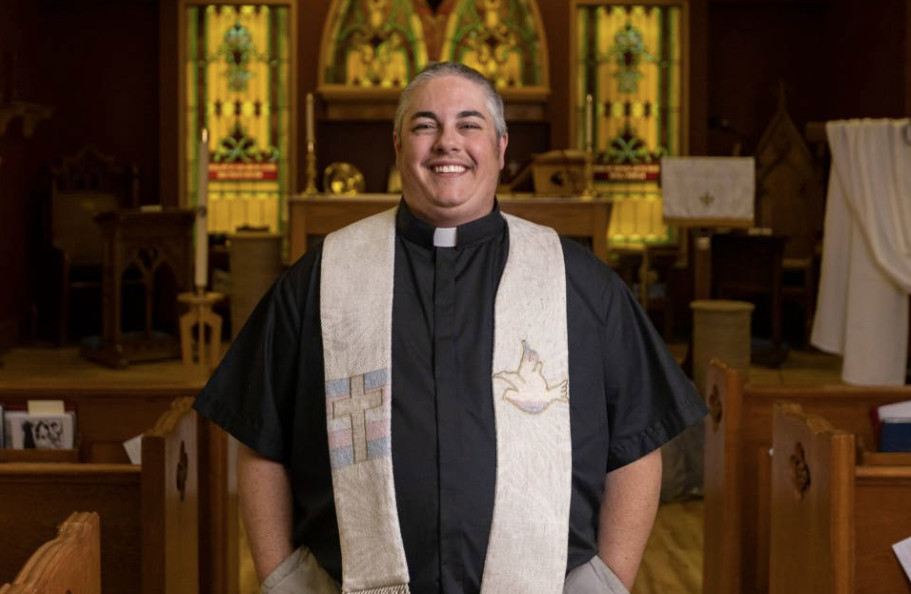 Rev. Theo Robinson, a transgender priest in the Diocese of Rupert’s Land, is one of the people responsible for producing the newly adopted liturgies for gender transition and affirmation.
Rev. Theo Robinson, a transgender priest in the Diocese of Rupert’s Land, is one of the people responsible for producing the newly adopted liturgies for gender transition and affirmation.